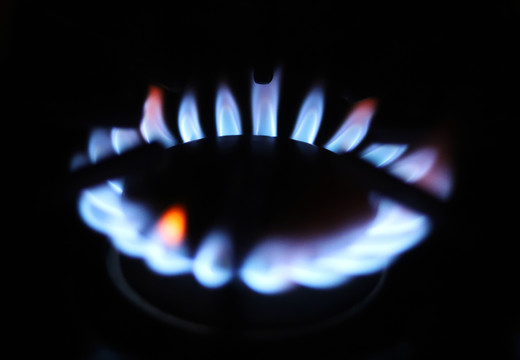The ordinance could apply to 54,303 homes, or about 65% of the units in San Francisco’s development pipeline, and 32 million square feet of commercial space, city officials said.
San Francisco District 8 Supervisor Rafael Mandelman outlined the gas ban in a virtual press conference with Debbie Raphael, director of the city’s Department of the Environment, and Patrick O’Riordan, interim director of the city’s Department of Building Inspection.
“Building electrification is a critical component to achieving our city’s bold climate action goals, including our commitment to net zero emissions by 2050 or earlier,” Mandelman said.
Natural gas lines leak methane, one of the most potent climate pollutants, directly into the atmosphere.
Gas lines that break during a major earthquake, construction accident or other moments, also pose a risk of explosion.
“Critically, an all electric future also means a safer and healthier environment for today’s San Franciscans and for future generations,” he said. “Many of us will remember the tragic natural gas explosion in San Bruno in 2010 that leveled an entire neighborhood.”
Restaurants will have a temporary exemption from the ban and can apply to hook up gas stoves and other cooking equipment through Jan. 1, 2022, according to Cyndy Comerford, climate program manager for the city’s Department of the Environment.
The California Restaurant Association challenged Berkeley’s natural gas ban, but did not immediately respond to a request for comment on San Francisco’s proposal.
